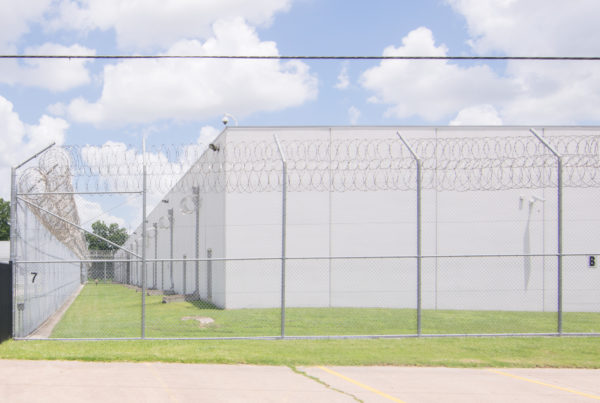One of the state’s largest private contractors will have to pay Texas $236 million to settle a suspected Medicaid-fraud scheme.
State and federal regulators say the scheme by Conduent Business Services, formerly a division of Xerox, caused taxpayers to pay for thousands of unnecessary children’s dental and orthodontic procedures over nearly a decade. Eric Dexheimer, an Austin-based reporter for the Houston Chronicle and the San Antonio-Express News, says the state was actually trying to recoup up to $2 billion.
“That’s to make it whole for the procedures that it paid for that were medically unnecessary, and also for damages,” Dexheimer says.
Dexheimer says Conduent was hired to do pre-authorization for dental and orthodonture services for patients on Medicaid.
“Dentists and orthodontists would submit requests to have Medicaid … perform these dental procedures, and [Conduent] was supposed to review the files that the dentists sent in,” Dexheimer says.
They were supposed to look at molds, X-rays and medical charts, and then determine whether the procedure was “medically necessary.” But Dexheimer says, according to court files, the company approved most requests without much scrutiny.
“As a result, thousands and thousands of them got through that the state later claimed were medically unnecessary and so, wrongfully paid for by taxpayers,” Dexheimer says.
He says a Dallas-area TV station had reported on the issue, and state regulators had also known about the problem but they let it continue. The company took that to mean it had “tacit approval” to proceed, business as usual, Dexheimer says.
In the settlement, Conduent claims it simply inherited bad business practices from the company that owned Conduent before it was acquired by Xerox.
“They say that this is what’s called a ‘legacy problem,'” Dexheimer says. “[But] in the legal filings, I think the state is clear that Xerox continued things in the way that that other company had started them. And, in fact, went from two dentists reviewing all these claims to a single dentist.”
The state hires private contractors for medical authorizations because it’s supposedly cheaper and more efficient, but this lawsuit shows that’s not always the case, Dexheimer says.
“What it comes down to is that no one was providing the oversight they were supposed to,” Dexheimer says.
Written by Caroline Covington.
















